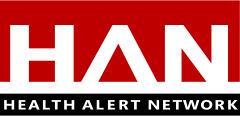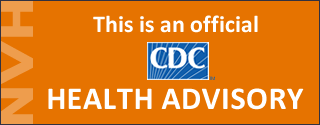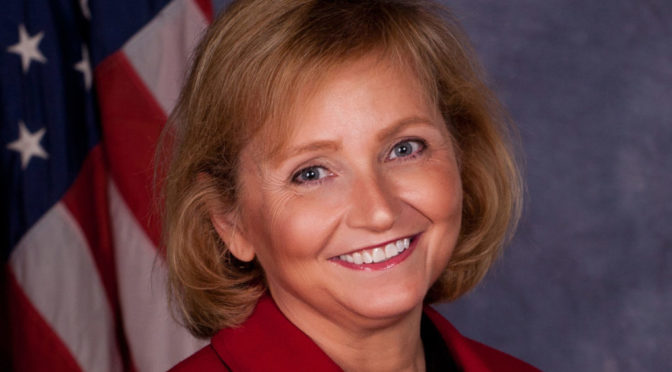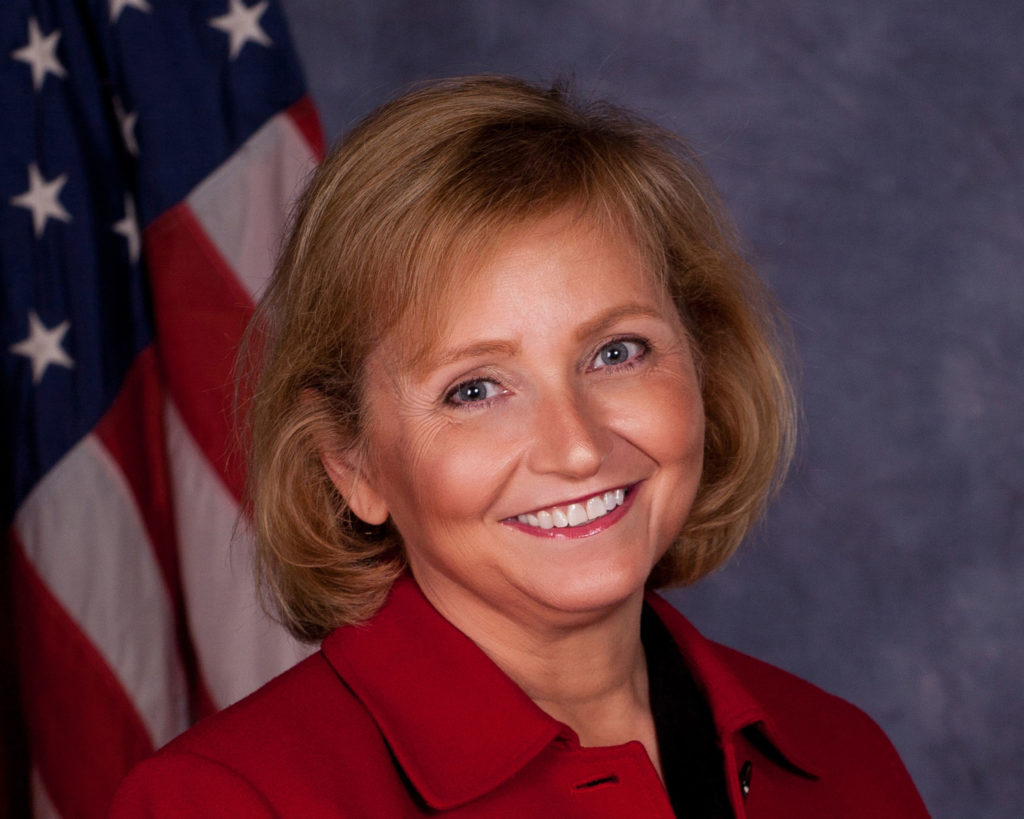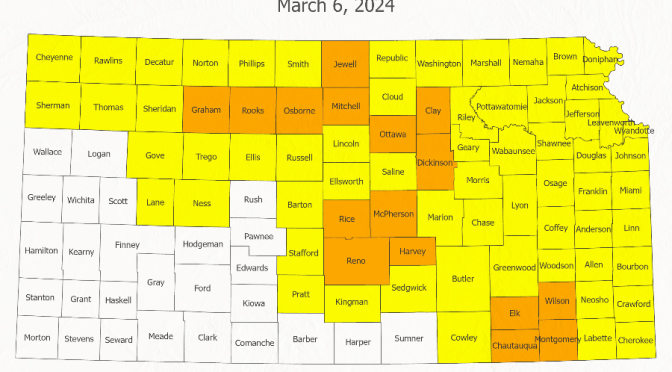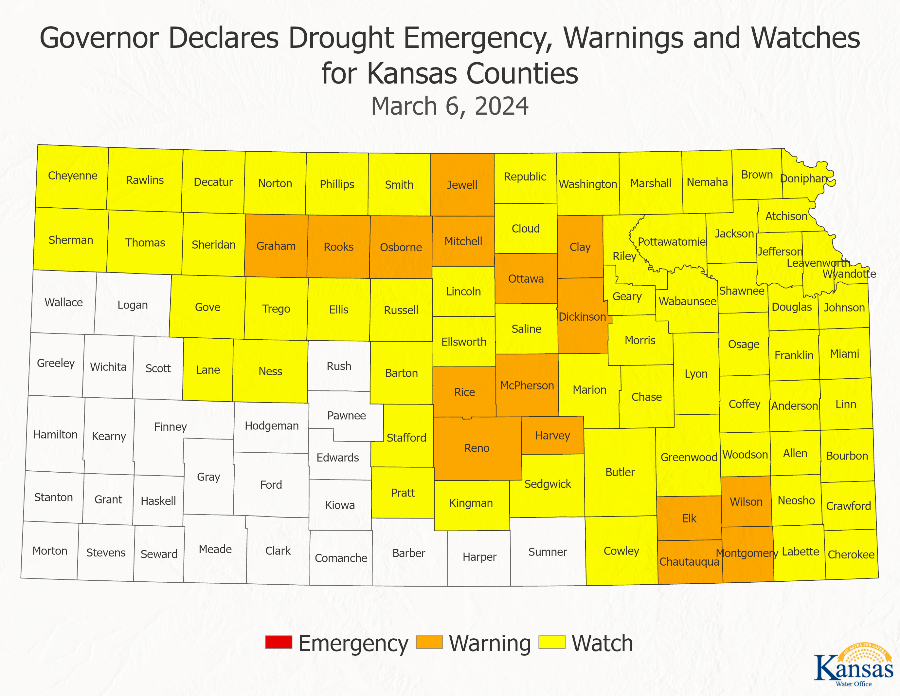
The exterior framework began on March 22, on the new Kansas Department of Children and Families building project at Wall Street and National Avenue.
If all goes well, the completion date is July 2024, said Mike Anders, job supervisor of Silverrock Ventures.
The 13,000-square-foot building will house offices, several conference rooms, interview rooms, a large central file room, reception/waiting areas, break rooms, and storage spaces. There is a storm shelter built into the plan.
Kendall Schoenrock, owner, and developer of Silverrock Ventures who is building the new office space for the KDCF, spent time in making the facade of the building fit in with downtown Fort Scott, Anders said.

“It will have a red brick face and a limestone three-foot starter around the bottom of the east and north side,” Anders said. “It will have a different roof to fit in with downtown. It will have outside lighting like that of E3 Ranch, right across the street.”
There will be parking on the north side of the building, on Wall Street, which the building will face. They are also leasing parking spaces from the City of Fort Scott for some parking west of the building, on the south side of that lot.
There is a whole slate of tradesmen lined up for the work ahead: electrical, plumbing, HVAC, concrete, framing, masonry, and painting, Anders said.
Skitches Hauling and Excavation, Inc., Fort Scott, was the demolition contractor for the building site.
“He supplied all of our backfill and got our job site ready to build on,” Anders said. “A great guy.”
“We tried to use local contractors,” he said. “A lot are from a 30-mile radius approximately.”
Silverrock Ventures will do the interior finishing he said.

About DCF
The Kansas Department for Children and Families is available to assist with child care and child support, employment education and training, food and cash assistance, support for youth who have experienced foster care, and more.
For further information about services to the community:
https://www.dcf.ks.gov/services/Pages/default.aspx
|
If you suspect a child or vulnerable adult is being harmed emotionally, physically, or sexually, report it to the Kansas Protection Report Center 24/7 at 1-800-922- 5330 or online.
|
|---|

